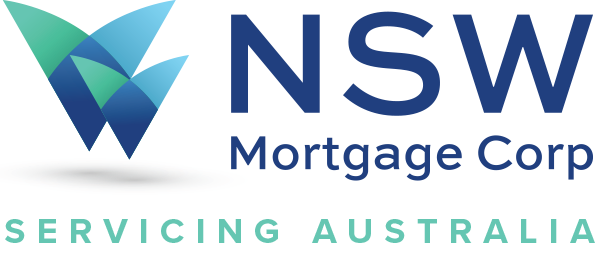It’s a new year and if you over spent on the holidays, you might be feeling a little stressed about money? If you’re asking where are you going to get that money to pay off the credit card debt while doing an upgrade on your home, we’re here to offer some friendly advice.
What’s the difference between refinance and debt consolidation?
REFINANCE: This is when a person/business revises their current payment schedule for repaying a debt owed (typically a mortgage loan). On paper, the old loan is paid off and replaced with a new loan offering different terms.
DEBT CONSOLIDATION: This is when you take an additional loan to pay off any debts you already owe (typically used to pay off all loans and credit debts) which would ideally give you ONE new loan to pay off all existing debt. This usually has a more favorable pay-off terms that might include a lower interest rate with lower monthly payment or both.
Which one is for you?
Sit down with all of your debt and start crunching numbers. Once you have the amount of total debt you owe, it’s time to figure out how much you can pay each month. Don’t forget about the bills you might have to pay like electricity, water, etc. We have a number of calculators available for you to use HERE to get all your numbers in order.
Now that you have the magic number of debt owed plus what you can pay each month, it’s time to look at your options.
Do you want to take on a new loan to pay off all or most of your debt? If you answered yes, you should consider debt consolidation. Just make sure your new interest rate (include fees and costs) is much lower than what you’re paying on all the debts you’re consolidating. You don’t want to pay a higher interest rate and make your problem worse. Also check and see if there is a penalty if the loan is paid off early. Yes, some lenders do penalize those who are eager to pay off debt.
Another thing to look at is the loan term. Don’t get hooked into a long term loan with a low interest rate if it means that you are going to pay more in interest and fees in the long run.
Do you just want to make a mortgage payment or a loan payment smaller each month? If you answered yes, you should consider refinancing. First, talk to your credit provider as they may work with you if you are struggling to pay your current loan. If they won’t, you can always go the refinance route with a refinance. Like a debt consolidation loan, look at the interest rate, fees, and term length. Just like debt consolidation, check to see if there is a penalty for an early payoff.
If you still have questions, you can always reach out to us, here at NSW Mortgage Corp. We can get you the answers you need and potentially help solve your debt crisis.



